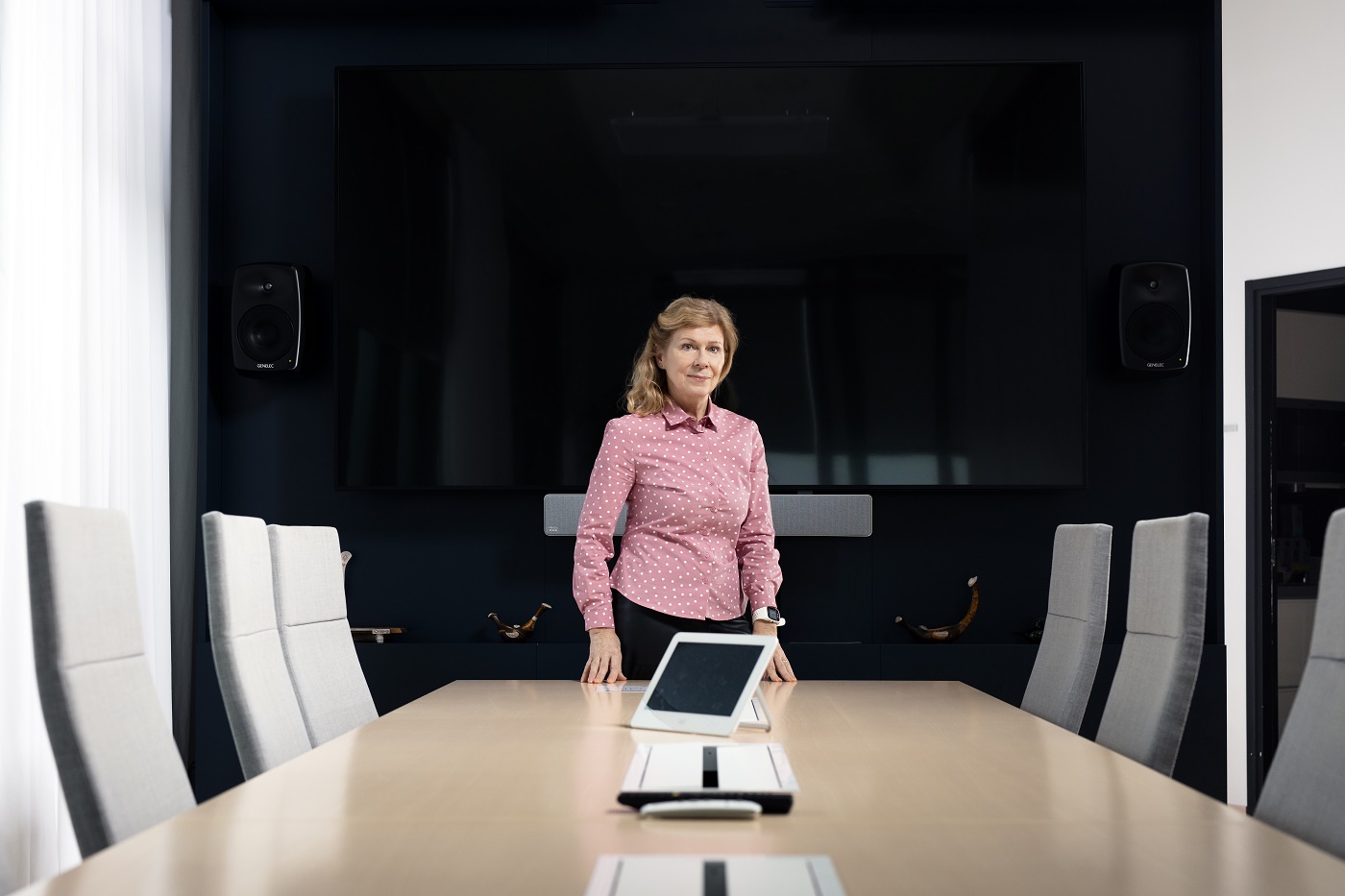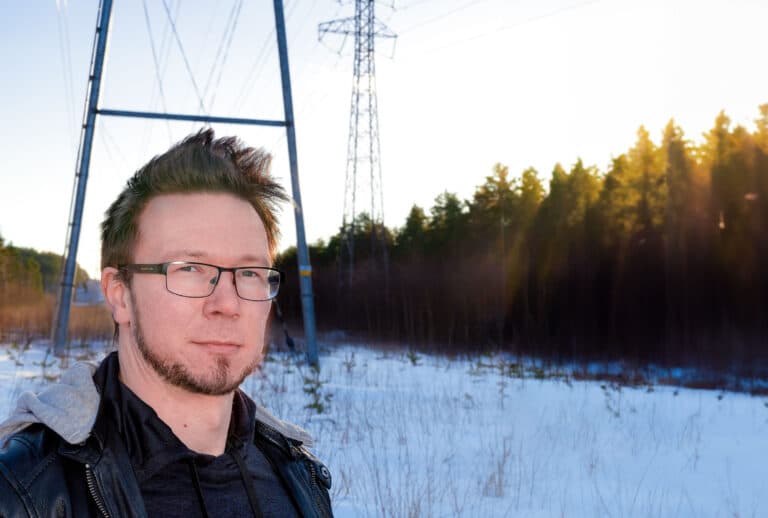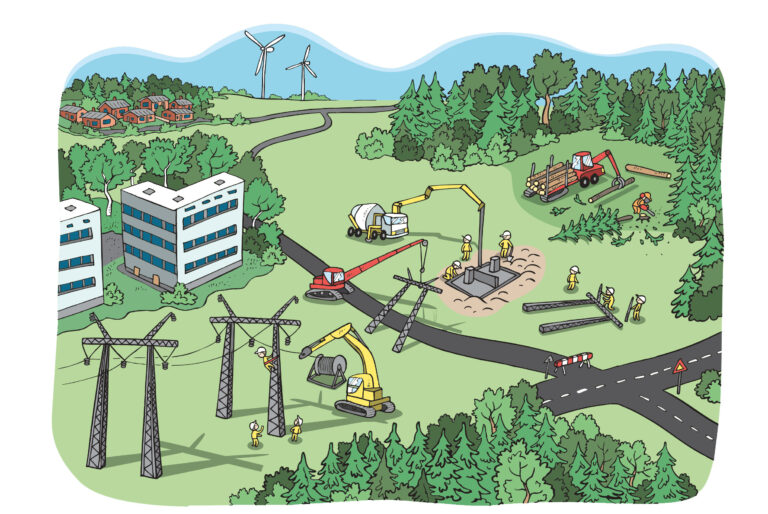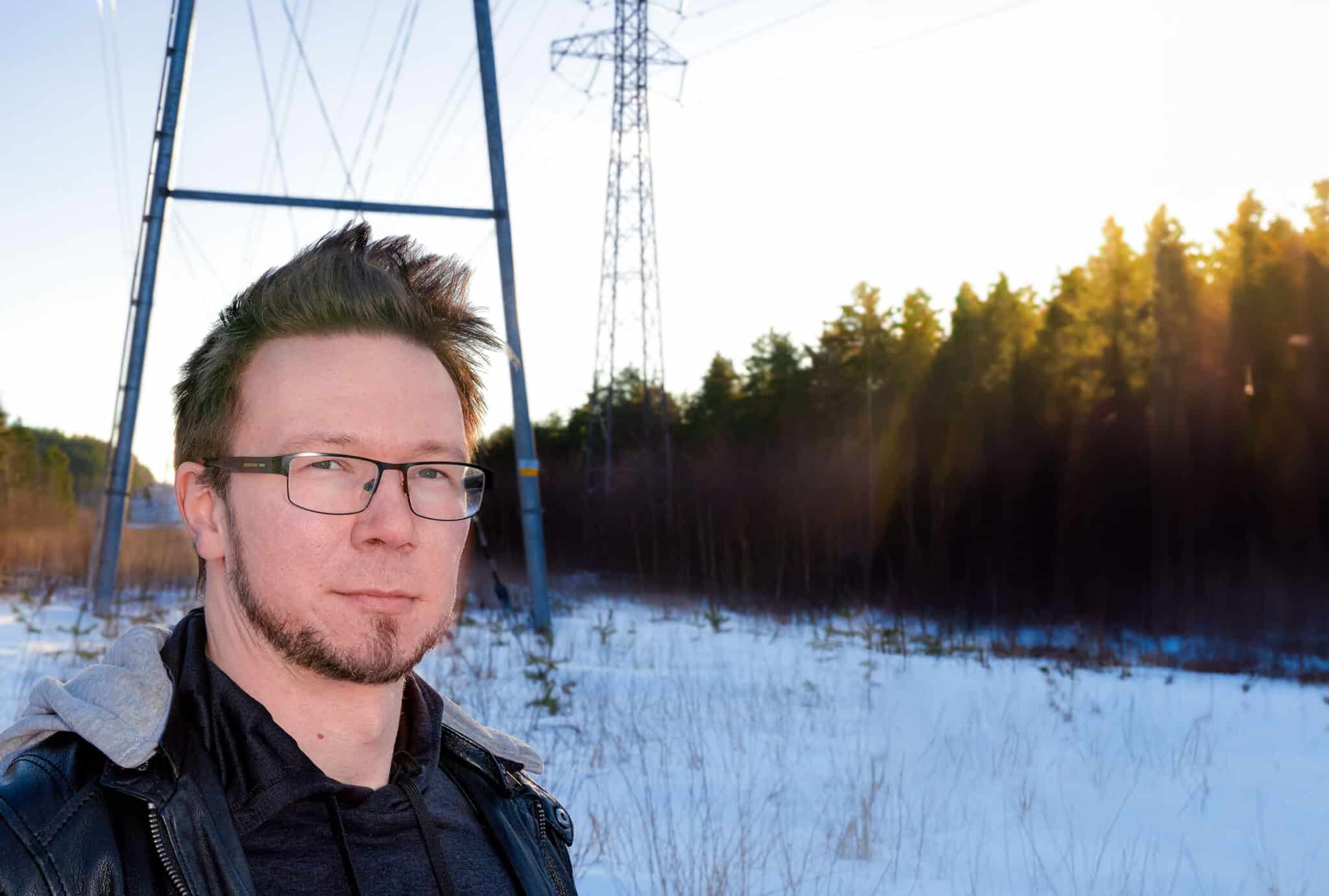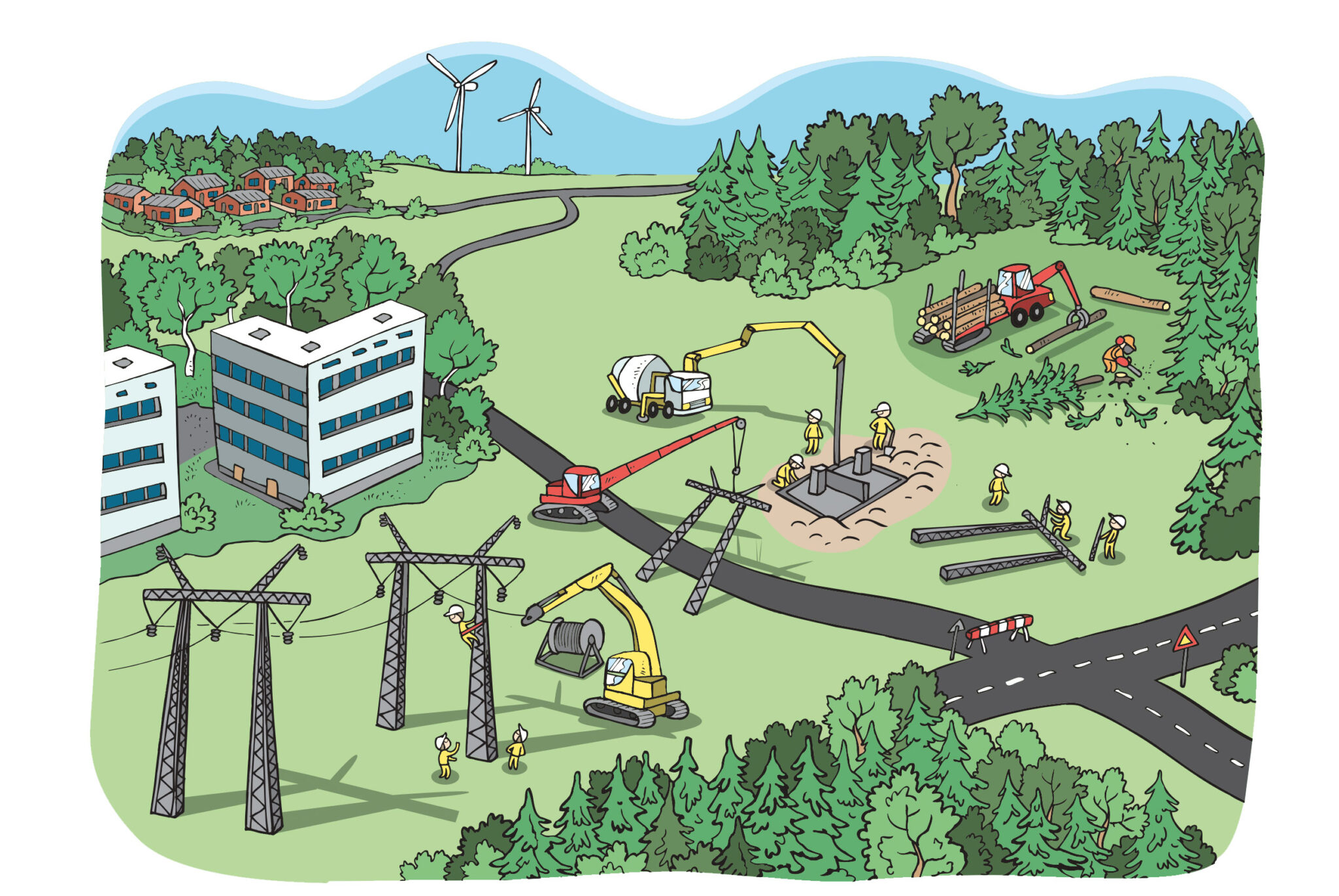f there is one person with a real perspective on the Finnish energy sector, it is Sirpa Kulmala. She has worked in the sector for more than 40 years. Her first job in the sector was in the Helsinki office of Imatran Voima. Her CV includes stints as a secretary in IVO’s travel service and legal department, among others.
“I worked as Executive Assistant at Perusvoima Oy from the start of the project right up to the Chernobyl disaster in 1986. This was perhaps the most arresting event in my career. The repercussions reached into the discourse on Finland’s energy policy. People demanded more information about radiation and radioactivity, as well as different forms of energy generation.
For this reason, after the nuclear power project was closed down, women working in the sector set up the Energiakanava (Energy Channel) working group under the Finnish Nuclear Society in 1990. Sirpa Kulmala served as secretary to the working group, and she was actively involved for about 20 years. Most of the members were experts from the energy sector who spoke at events and seminars arranged by Energiakanava in their spare time. Information was accumulated, and the network of energy sector professionals expanded.
“I learnt an incredible amount at those meetings. I really appreciate the expertise that the professionals in the working group represented, as well as their ability to talk about different forms of energy in a way that ordinary people could understand.”
“When the chairmanship of the energy sector collaboration body Energiafoorum (now known as WEC Finland) was transferred to IVO, I worked as an administrative assistant. One particularly memorable event was the 17th congress of the WEC held in Houston in 1998. IVO was responsible for the Finnish delegation’s travel arrangements. In addition to making the practical arrangements, I was able to see the opening ceremony of the congress and hear George W. Bush’s opening speech.
The next change in Sirpa Kulmala’s career took place in 1998 when IVO and Neste merged. After a short time working for Fortum, she moved to Fingrid in 2000.
“I was asked to work as the Executive Assistant to the former CEO, and that is where I remain to this day.”
“The biggest change in my work has been the development of the tools I use. The transition from the IBM Selectric typewriter to the computer era and electronic communication channels made everything so much easier. My work has always been multifaceted. In addition to my duties as Executive Assistant, I make preparations for meetings of the Board of Directors with the General Counsel, and I work in stakeholder coordination with Finnish and international parties. Initiative and familiarity with the sector are useful here.”
“The amount of work involving European stakeholders has increased, especially with parties in the Nordic and Baltic countries. Fingrid is a highly respected partner on an international scale.”
“The corporate culture at Fingrid is characterised by openness and equality – we work well together. Trust and openness are important. It is specifically openness that has enabled Fingrid to build such a strong reputation.”
“As a modern monopoly, we listen to our customers. Fingrid works closely with its customers and stakeholders. Responsibility pervades everything we do, and it is even more important now that the energy sector is shifting towards forms of clean energy generation in line with the principles of sustainable development.”

